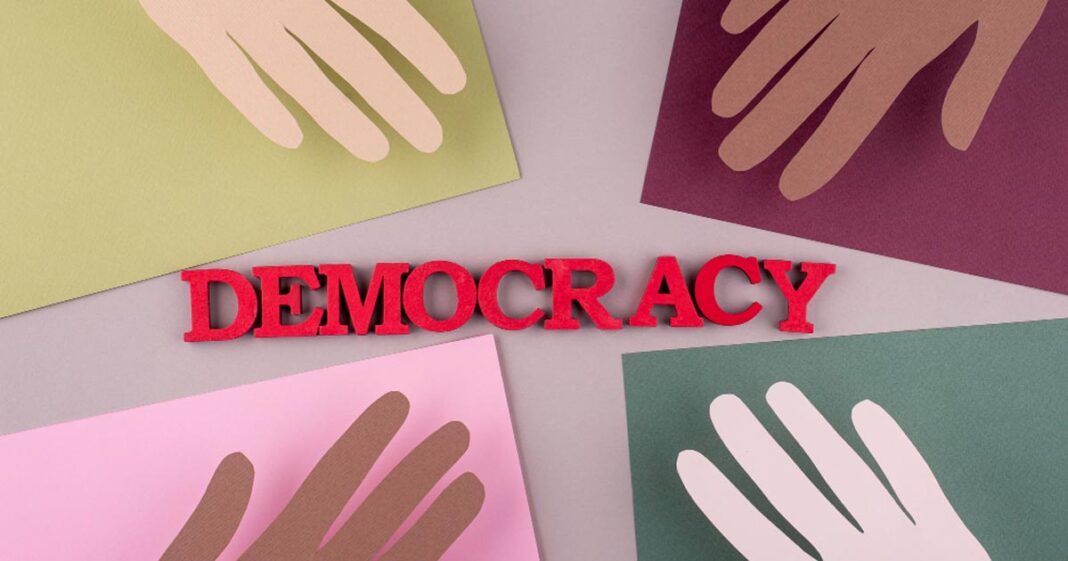
Introduction
The world is divided by governance systems that define the trajectory of nations. At the heart of global politics lies a crucial debate: Democracy vs. Autocracy. While democracy promotes freedom, participation, and checks on power, autocracy centralizes control, often promising stability and swift decision-making. But which system truly serves its people better? Historical examples reveal striking insights into how these systems shape economies, societies, and international relations.
The Democratic Advantage: Freedom and Accountability
Democracy, characterized by free elections, rule of law, and citizen participation, is the foundation of many successful nations. Countries like the United States, Germany, and Japan have thrived under democratic governance, fostering innovation, economic growth, and human rights.
Case Study: Germany’s Post-War Success
Post-World War II, Germany embraced democracy, leading to the “Wirtschaftswunder” (economic miracle). With democratic institutions ensuring transparency, checks and balances, and a free-market economy, Germany emerged as Europe’s economic powerhouse. The country’s stable governance and commitment to democratic values helped it navigate economic crises and social transformations.
The Autocratic Appeal: Stability and Efficiency
Autocracy, in contrast, is marked by centralized power, fewer political freedoms, and rapid decision-making. Nations like China, Russia, and Saudi Arabia have demonstrated how autocratic systems can drive economic growth and infrastructure development without the delays of political opposition.
Case Study: China’s Economic Rise
China’s shift to a market-oriented economy under an authoritarian system has lifted over 800 million people out of poverty. With long-term policies uninterrupted by electoral cycles, China has built world-class infrastructure, technological advancements, and a competitive manufacturing sector. However, the lack of political freedom and human rights concerns remain points of criticism.
Challenges of Both Systems
Democratic Challenges:
- Political Gridlock: Frequent elections and opposition parties can slow down decision-making.
- Populism and Misinformation: Social media and misinformation can manipulate public opinion.
- Inequality: Even in democracies, economic disparities persist, challenging the promise of equal opportunities.
Autocratic Challenges:
- Suppression of Dissent: Limited freedom of speech and press can lead to social unrest.
- Corruption and Power Abuse: Without accountability, leaders can prioritize personal power over national interest.
- Risk of Instability: When autocratic regimes collapse, transitions can be chaotic, as seen in Libya and Iraq.
Which System Wins? The Global Perspective
Both systems have shaped the modern world in profound ways. Democracies excel in fostering innovation, individual freedoms, and long-term stability, while autocracies can deliver rapid economic growth and decisive governance. However, history suggests that sustained progress aligns with governance that respects human rights, accountability, and the rule of law.
Conclusion
The future of governance is not a matter of democracy vs. autocracy but a question of how governments can be efficient, fair, and accountable. Nations seeking progress must balance economic growth with human freedoms, ensuring that power serves the people—not the other way around.
Which system do you think serves nations best? The debate continues, shaping the world’s political landscape every day.





